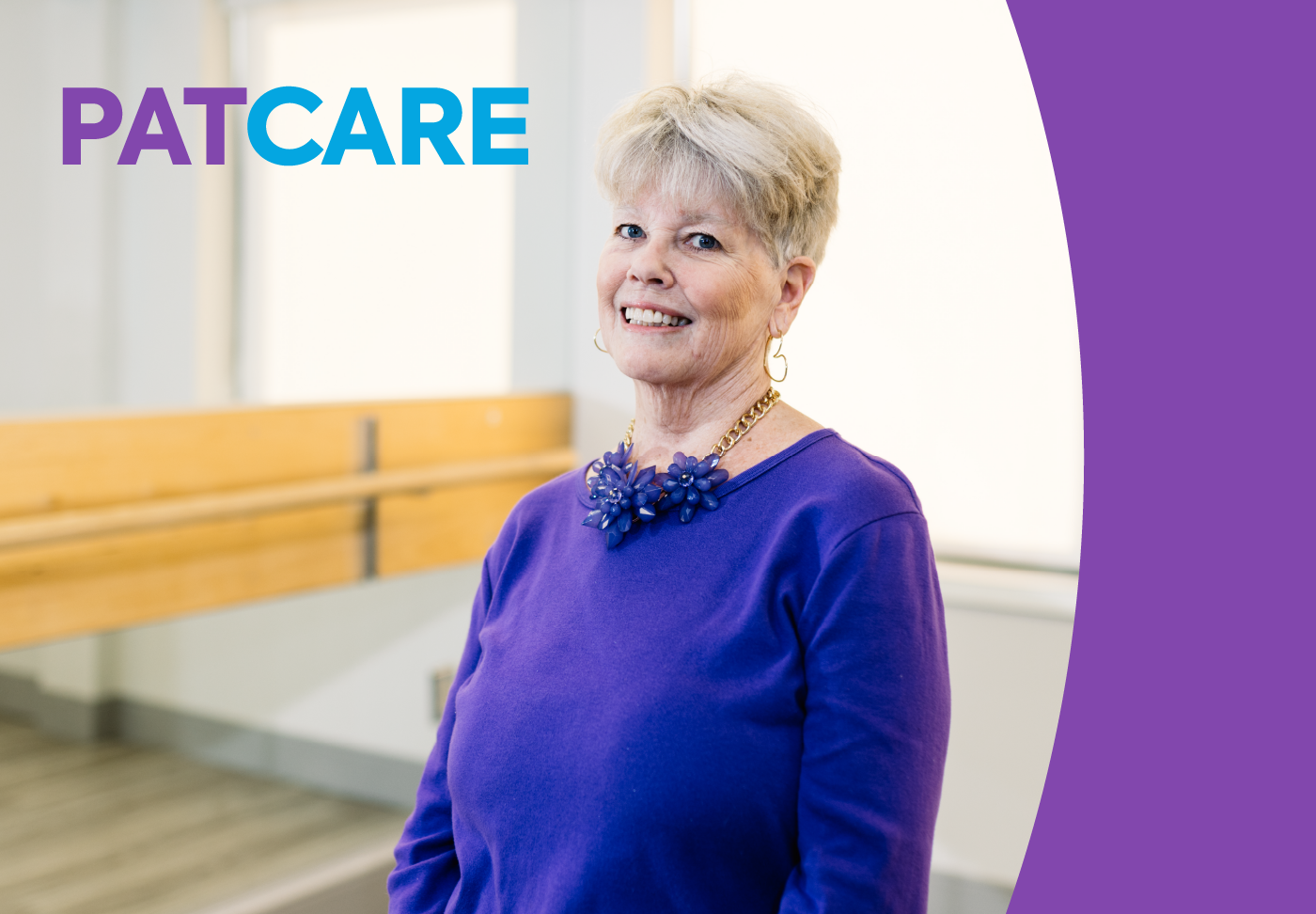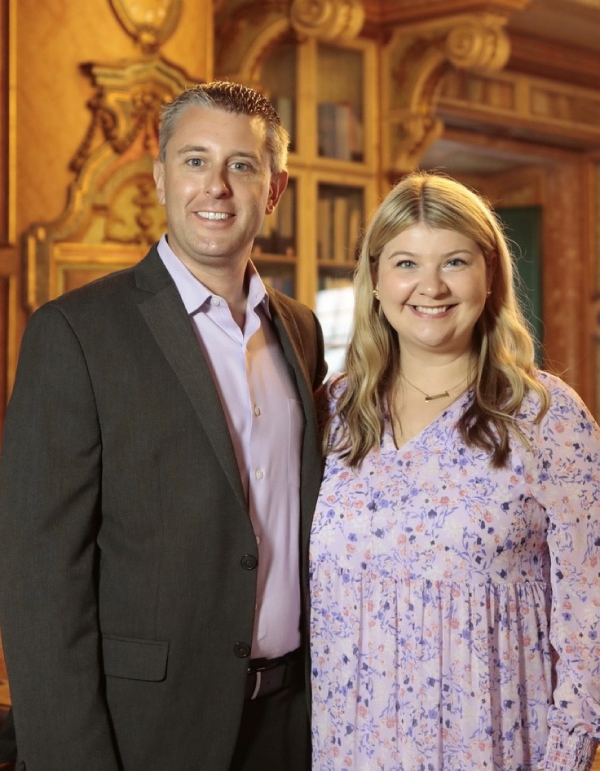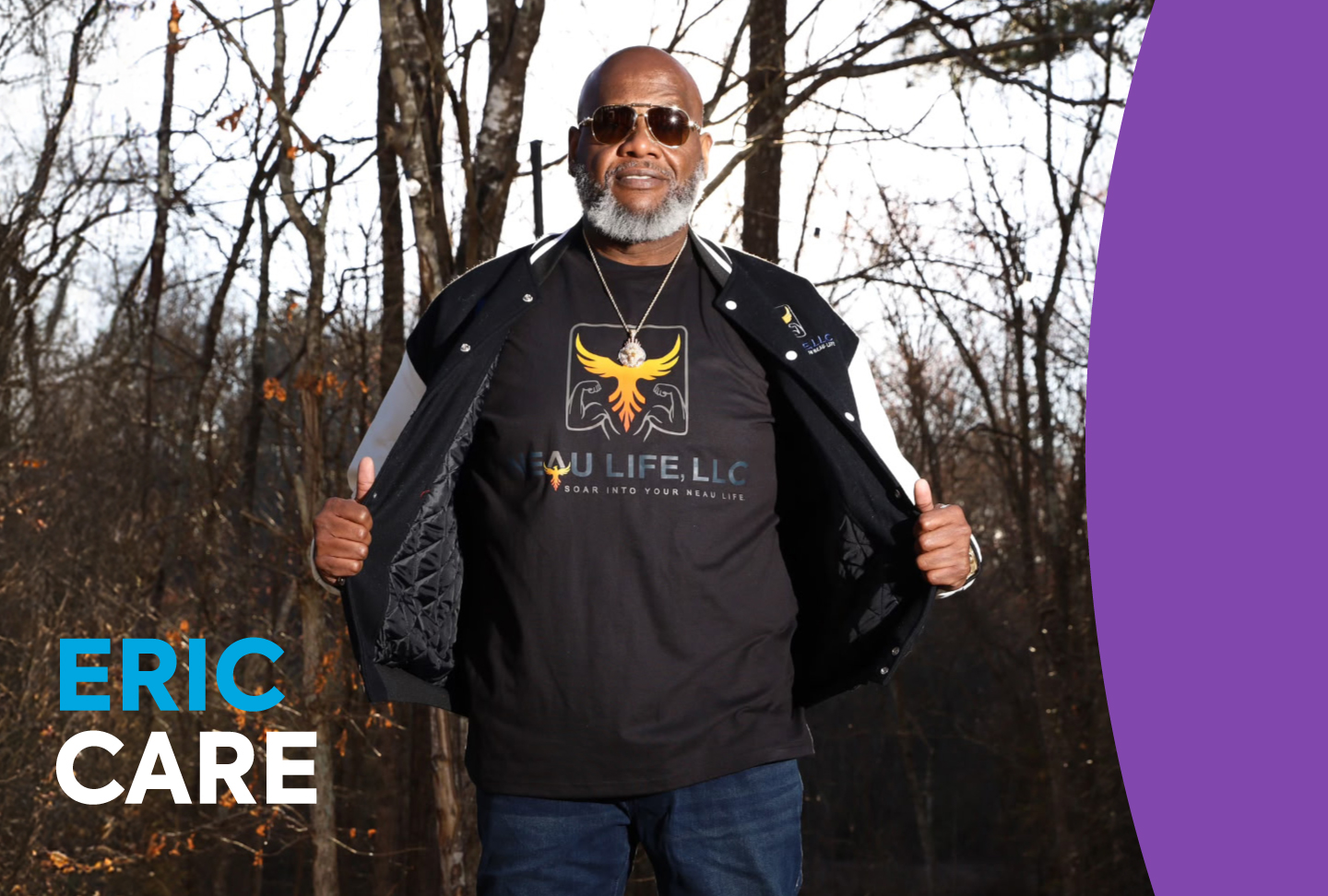Like most seniors, Ja’Quan Hart was very much looking forward to going off to college in the summer of 2023.
The Thomson, Ga., resident had just graduated high school and as a linebacker and tight end, helped lead his Thomson High School Bulldogs to win the Class AA State Championship.
“I had these big tackles, and I caught like an 89-yeard interception pass,” he said. “That was like my best game. We won state!”
Ja’Quan’s talent and skill on the football field—and his love of the game—earned him the opportunity to play for the University of Kansas with a full scholarship.
Unfortunately, life had other plans.
Amid packing for school and booking his flights, Ja’Quan learned from a routine sports physical that he had an irregularity in his heart that could be life-threatening.
That irregularity turned out to be a leaky aortic valve—and an abrupt end to his aspirations of a college football career.
“Blood was flowing back into my heart. It wasn’t going all the way through,” Ja’Quan explained.
In a healthy heart, leaflets between the left and right ventricles open to allow blood to flow through the heart one way and then close fully to keep blood from flowing back into the heart. In a condition like Ja’Quan’s, the leaflets do not close all the way and blood does leak back into the heart.
For most people the treatment for a leaky aortic valve involves a valve replacement. But a valve replacement now will often require another replacement surgery at some point in the future, and probably more than one, said Dr. Brian Bateson, a pediatric cardiothoracic surgeon and co-director of the adult congenital heart program at Wellstar MCG Health Medical Center. The younger the patient, the more potential surgeries the patient will need to have to replace the valves when they wear out.
Because Ja’Quan had not yet reached 20 years of age at the time of his care, a valve replacement would mean multiple surgeries over the course of his life.
The solution is a new device called the HAART ring that is affixed to the support structure of the aortic valve. This stabilizes the valve and allows for further repair of the leaflets themselves, meaning the valve can close properly and prevent leakage.
“If you’re using Ja’Quan’s own valve, keeping it in place and it functions, potentially he wouldn’t need another procedure again in his life because it’s still his own tissue. It’s not going to break down. Any prosthetic valve, whether it’s mechanical, bio-prosthetic will fail over time,” Dr. Bateson said. “Nothing’s better than what you’re born with.”
The HAART device is ideal for a young patient like Ja’Quan, but would also be a good treatment option for any person—pediatric or adult—with the same condition.
Ja’Quan spent three days in the hospital recovering from his surgery. Since, he has been slowly increasing his cardiovascular activity, such as walking, and following up with Dr. Bateson for regular checkups, who said he has been recovering very well.
Ja’Quan said he plans to continue to play sports, but will need to be more selective about the sports he can play.
“I play basketball. I just won’t be playing contact sports (like football),” he said.
Though he said it was disappointing to have to change direction as far as playing college football is concerned, Ja’Quan hasn’t let it dampen his spirit. Instead of college football, he is now exploring the possibility of driving trucks with the intention of going into business for himself—as long as it isn’t too strenuous for his heart.
“I’m not going to give up. I’m going to regroup and keep going and find another path to being successful in life,” he said.





